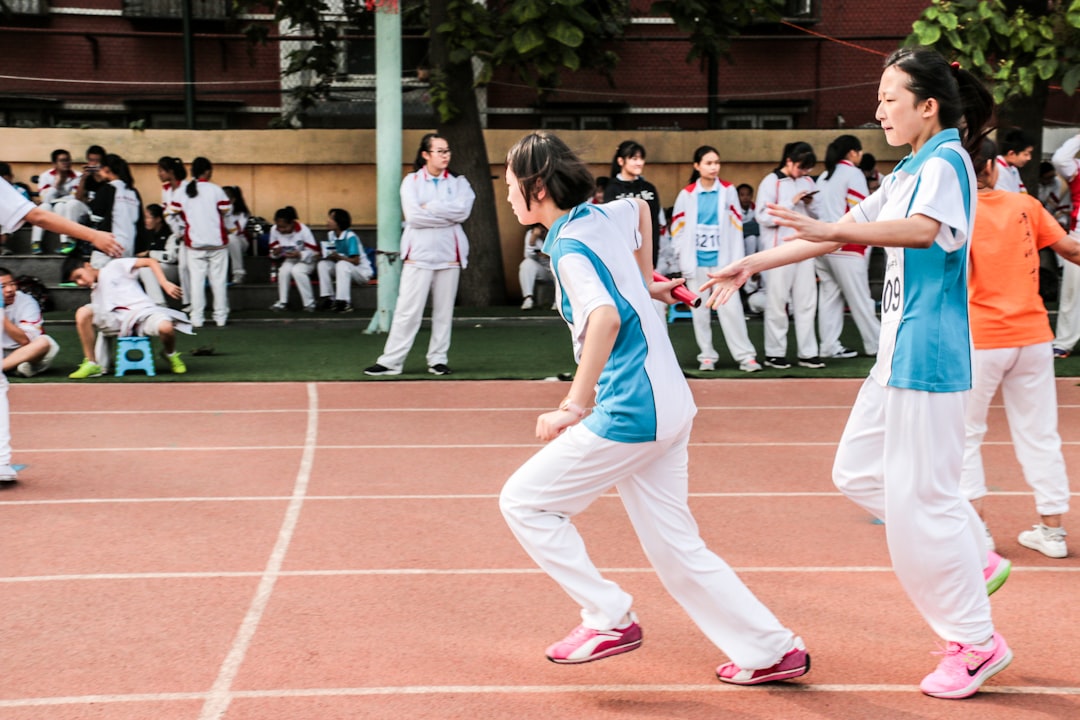Sports psychology plays a crucial role in improving performance in athletes, helping them achieve their full potential both physically and mentally. By focusing on psychological factors such as motivation, confidence, focus, and resilience, sports psychologists can help athletes overcome mental barriers and excel in their respective sports.
One of the key aspects of sports psychology is understanding the mindset of athletes and how it affects their performance. Many athletes face mental obstacles that hinder their abilities to perform at their best, such as fear of failure, lack of confidence, or difficulty in controlling their emotions. Sports psychologists work with athletes to identify these challenges and develop strategies to overcome them, ultimately enhancing their performance on the field or court.
One of the main ways in which sports psychology helps improve performance is by enhancing mental toughness. Mental toughness is the ability to stay focused, resilient, and determined in the face of adversity. Athletes who possess mental toughness are better able to cope with pressure, setbacks, and challenges, ultimately leading to improved performance. Sports psychologists use techniques such as visualization, goal-setting, and positive self-talk to help athletes develop mental toughness and perform at their best under pressure.
Another important aspect of sports psychology is goal-setting. Setting specific, measurable, and achievable goals can help athletes stay motivated and focused on their performance. Sports psychologists work with athletes to set both short-term and long-term goals, helping them track their progress and stay committed to achieving their objectives. By setting goals that are challenging yet attainable, athletes can push themselves to improve and reach new levels of performance.
Sports psychology also helps athletes enhance their self-confidence and belief in their abilities. Many athletes struggle with self-doubt and negative self-talk, which can impact their performance on the field. Sports psychologists work with athletes to help them build self-confidence, recognize their strengths, and develop a positive mindset. By believing in themselves and their abilities, athletes can perform at their best and achieve their goals.
Overall, sports psychology plays a critical role in improving performance in athletes by focusing on mental factors that impact their abilities to perform. By developing mental toughness, setting goals, enhancing self-confidence, and managing emotions, athletes can overcome mental barriers and reach their full potential in their respective sports. Sports psychologists play a vital role in helping athletes improve their performance, both on and off the field, and achieve success in their athletic endeavors.
